Hydraulic supporting systems are essential in various industries, including marine scientific research, geological drilling, mining, and ship deck machinery. These systems provide critical support in operations that demand high power, precision, and durability. Their efficiency and longevity heavily depend on proper maintenance. Without regular upkeep, hydraulic systems can suffer from performance degradation, costly breakdowns, and even complete failure. Effective maintenance ensures smooth operation, reduces downtime, and extends the lifespan of hydraulic components.
One of the most fundamental aspects of hydraulic system maintenance is routine inspection. Frequent checks help detect potential issues before they develop into serious problems. Hydraulic systems rely on a complex network of pumps, valves, hoses, and cylinders, all of which must function in harmony. Over time, wear and tear can lead to problems such as fluid leaks, pressure loss, and mechanical malfunctions. By inspecting seals, fittings, and connections, operators can identify minor defects and address them before they cause major failures. Monitoring hydraulic pressure levels ensures that the system is operating within safe parameters, preventing unnecessary strain on components.
Another critical factor in hydraulic system performance is fluid quality. Hydraulic fluid serves multiple functions, including power transmission, lubrication, cooling, and contamination control. If the fluid becomes contaminated with dirt, debris, or moisture, it can lead to serious damage to pumps, valves, and actuators. Regular fluid analysis allows operators to assess its condition and determine when it needs to be replaced or filtered. Using the correct type of hydraulic fluid is also essential, as different applications require specific formulations to ensure optimal performance. Proper fluid management not only reduces wear on components but also enhances the overall efficiency and responsiveness of the hydraulic system.
Component maintenance plays a vital role in keeping the hydraulic system in peak condition. Over time, hoses can develop cracks or weak points, filters can become clogged, and pumps may experience reduced efficiency. Replacing worn-out hoses prevents leaks that could lead to fluid loss and pressure instability. Keeping filters clean ensures that contaminants do not circulate within the system, preserving the integrity of sensitive components. Regular lubrication of moving parts reduces friction, minimizing heat buildup and preventing premature wear. By taking proactive measures to maintain these components, operators can ensure that the entire system remains reliable and performs at its best.
Beyond individual component care, scheduled maintenance programs are crucial for long-term system health. Instead of waiting for failures to occur, preventive maintenance strategies help anticipate potential issues and address them before they disrupt operations. Establishing a routine maintenance schedule based on the system’s workload and environmental conditions ensures that all aspects of the hydraulic system receive the necessary attention. Training personnel in proper maintenance techniques enhances their ability to recognize warning signs and take corrective action before problems escalate.

 ENG
ENG
 English
English русский
русский Español
Español

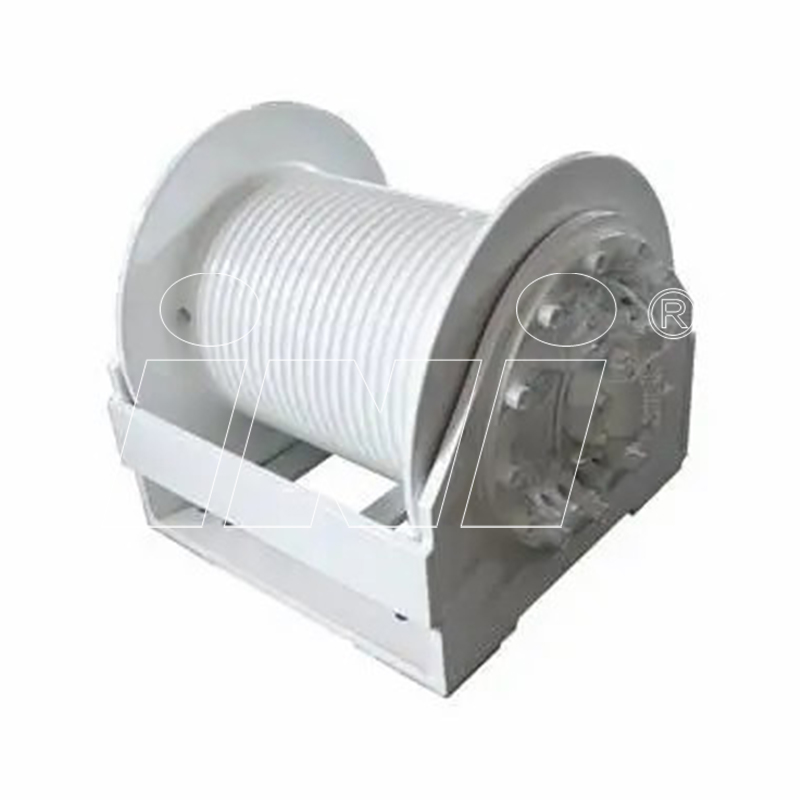
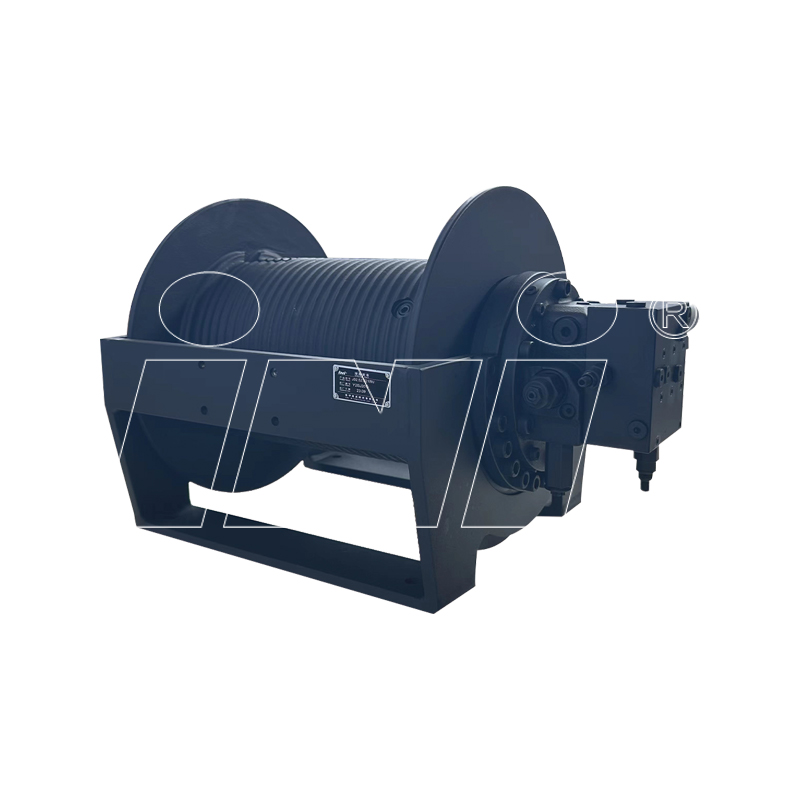
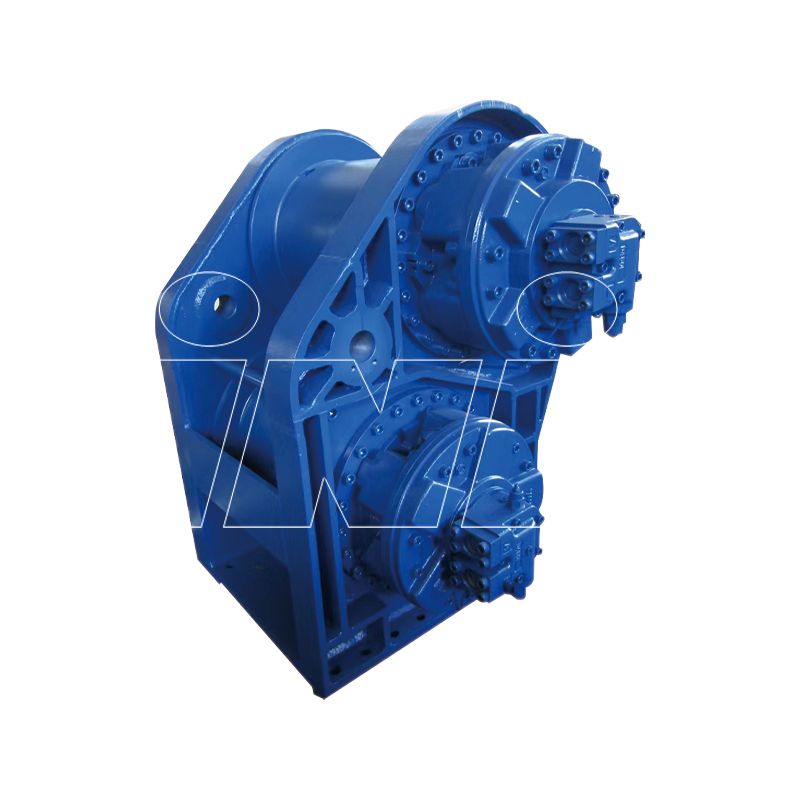

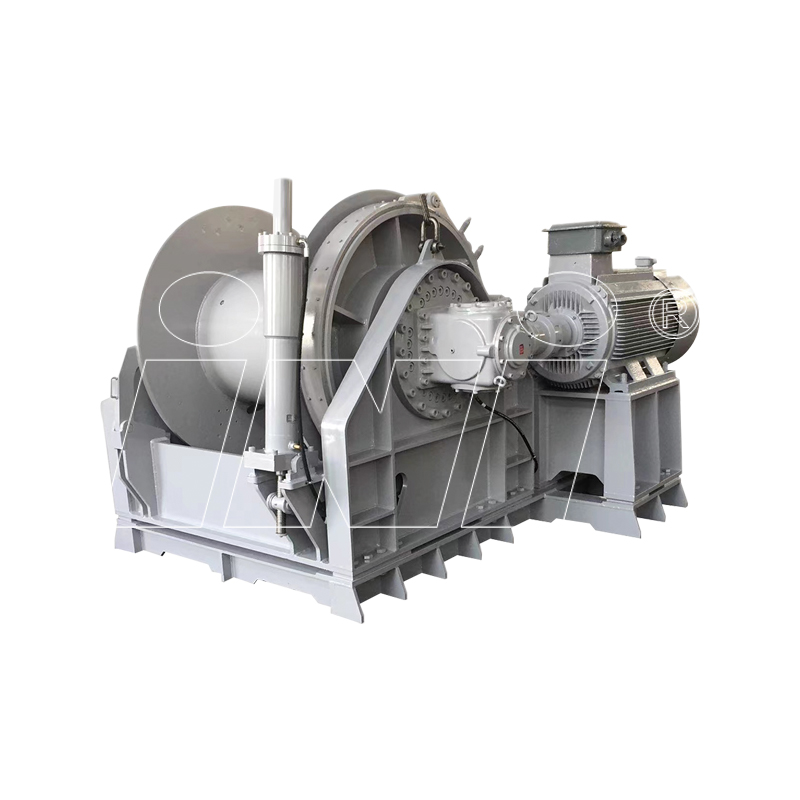

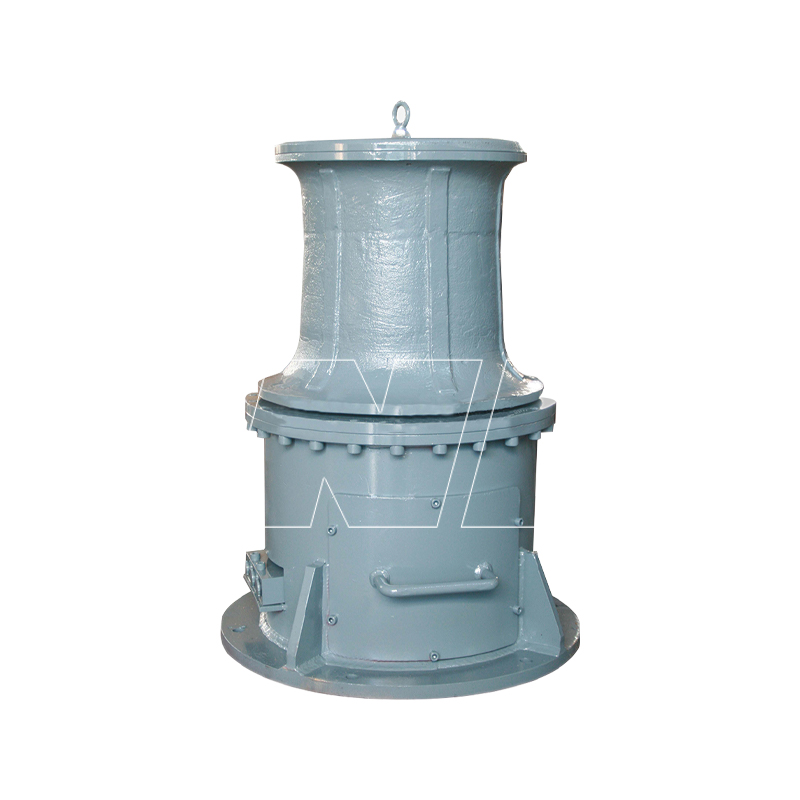



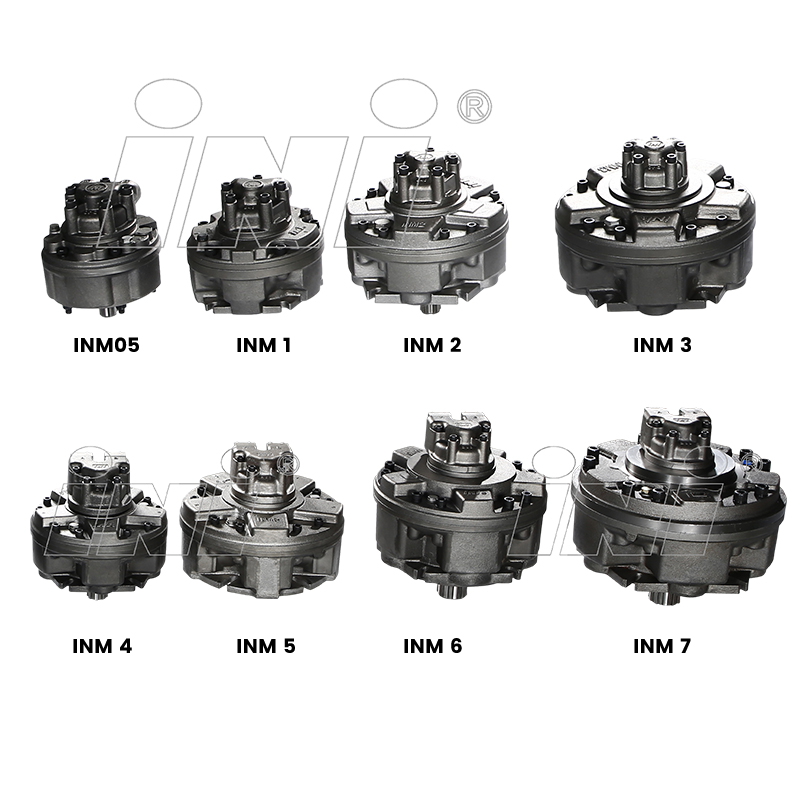
 English
English русский
русский Español
Español
 TOP
TOP